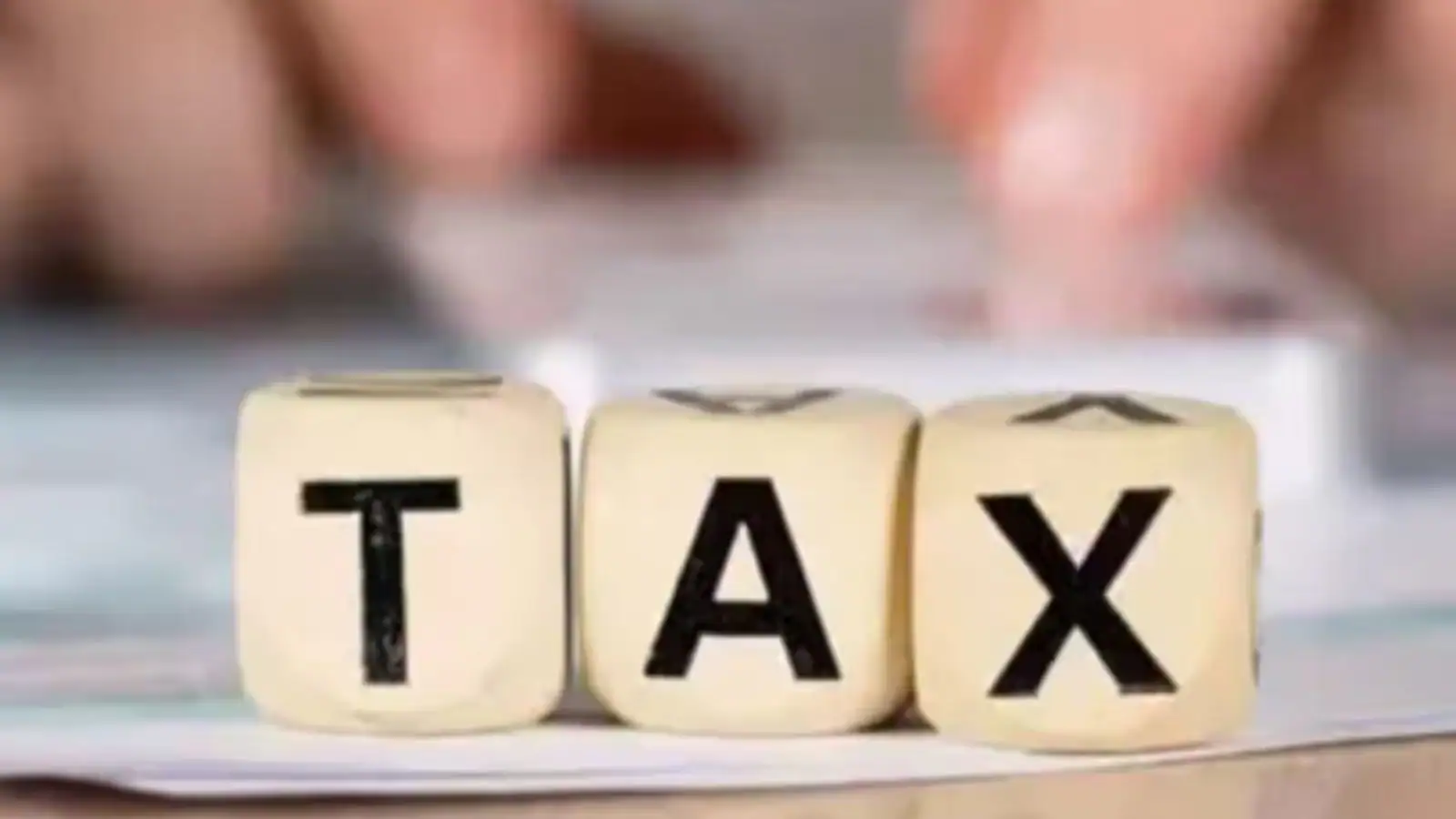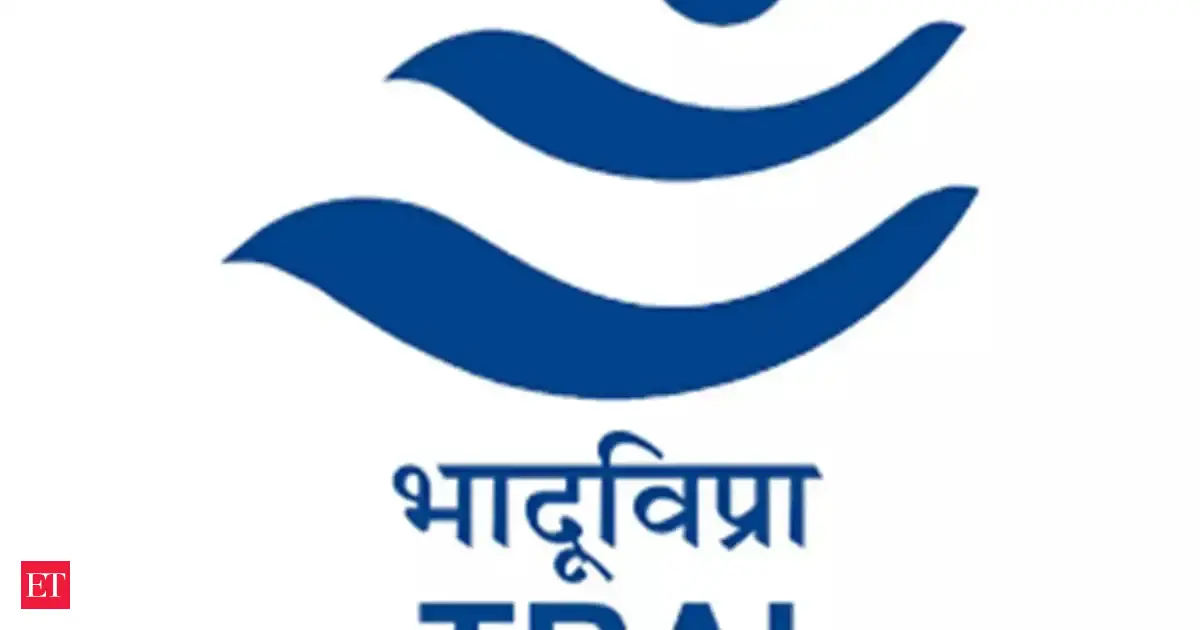Copyright news18

Advance Tax Due Date: Advance tax is a system where taxpayers estimate their current income and pay taxes in instalments throughout the financial year if their tax liability exceeds a certain limit, which is typically Rs 10,000, irrespective of tax regime. It means taxpayers won’t pay the entire tax liability once the financial year ends, as it happens in the normal tax filing every year. Third instalment of advance tax for the assessment year 2026-27 is December 15, 2025. Taxpayers must pay 75 per cent of their tax liability till that time to avoid any tax notice from the department. Should You Need To Pay Advance Tax If Your Income Is Below Rs 12 Lakh? CA Shefali Mundra, Tax Expert at ClearTax explains to News18 that any taxpayer, whether an individual, HUF, firm, or company, whose total tax liability for the year exceeds Rs 10,000 after accounting for TDS and TCS, must pay advance tax. However, senior citizens who do not have business or professional income are exempt from paying advance tax, she adds. Common Mistakes To Avoid While Paying Advance Tax Common errors made during advance tax payments include overlooking the Rs 10,000 threshold, assuming that senior citizens are always exempt, or failing to account for one-off incomes like capital gains, ESOPs, or dividends are among the common mistakes taxpayers must avoid while filing their advance taxes. Mundra warns another mistake is not paying the correct percentage of tax by each due date, particularly the 75% by 15 December milestone, which triggers penalties under Section 234C if missed. “Additionally, taxpayers often use the wrong assessment year or minor head in the e-Pay Tax process, leading to mismatched payments. It’s also crucial to reconcile the information in the AIS (Annual Information Statement) with the tax estimate to avoid paying less than required,” she cautions. Another common mistake occurs when employees shift jobs during the year and receive two Form 16s. Sometimes, both Form 16s include the standard deduction and basic exemption limit, effectively counting them twice. This can lead to an underestimation of the TDS deducted, causing the individual to miss out on tax payments that should have been accounted for earlier. Advance Tax Due Dates (for Individual Taxpayers) Minimum % of Total Tax Payable 15th September 15th December What Are The Penalties? Mundra says there is a penalty for missing the advance tax deadline, but it’s typically in the form of interest rather than a fine. Under Section 234C, interest is levied at 1% per month on the shortfall in tax paid if the instalment is missed or underpaid. If the total advance tax paid by the end of the financial year is less than 90% of the total liability, taxpayers are also subject to interest under Section 234B at the rate of 1% per month. However, if taxpayers have unpaid tax due to an unexpected income after an advance tax due date, such as capital gains, they are allowed to pay it in the following instalment (or by 31 March) without penalty, provided the tax is paid within the given time frame.



